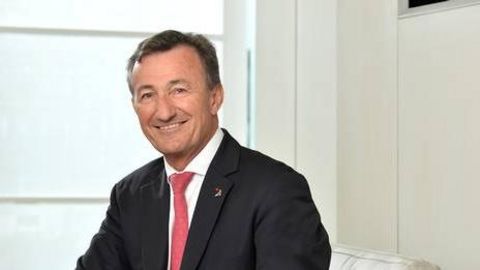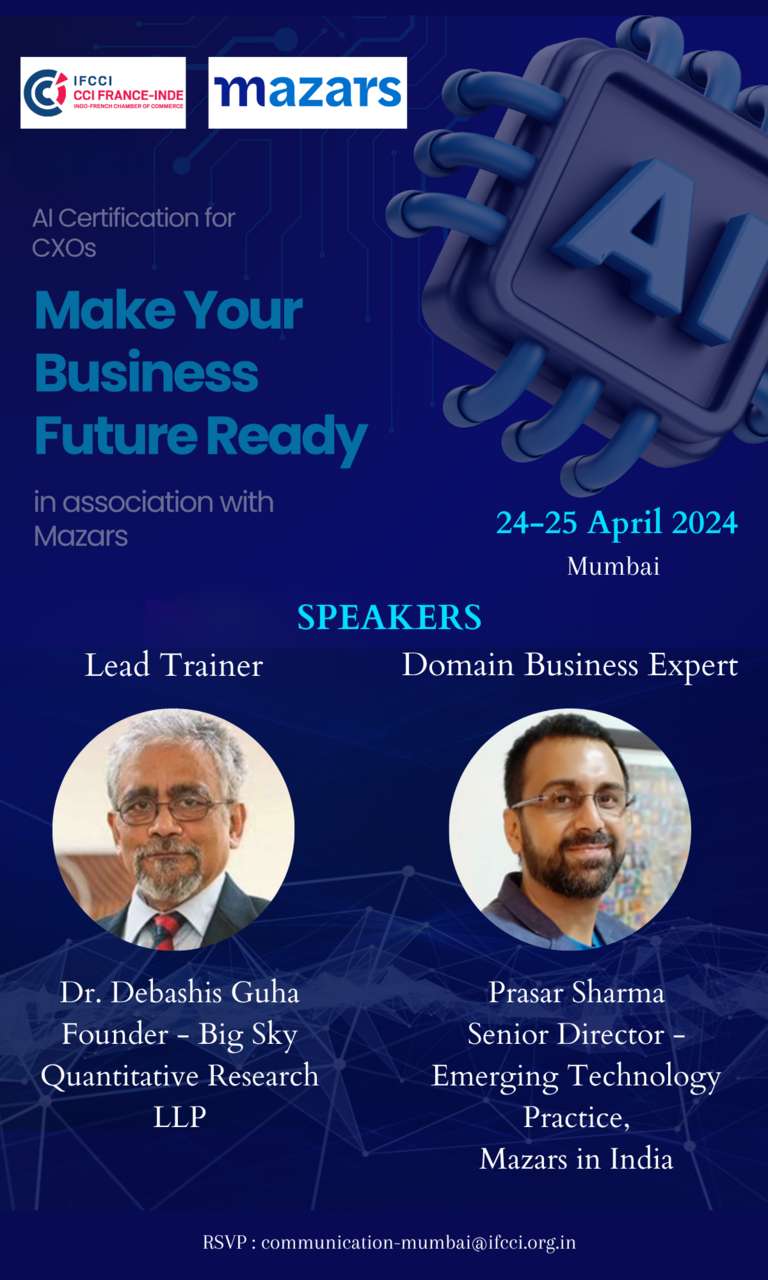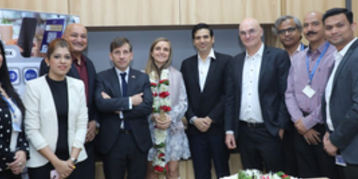Members
We Want To Be The Da Vinci Of Life: Dassault Systemes CEO

Bernard Charles talks about the company’s increasing focus on biologics, and its India plans
India is an important market for Dassault Systemes but more so for its CEO Bernard Charles. While the Frenchman grew up in Brittany (France), his uncle, the late Salesian priest Francis Guezou, who founded the Don Bosco College at Yelagiri Hills, Tamil Nadu, would visit every few years and regale him with stories about India. Now, Charles feels India will be transformational in the company's journey from ‘things’ to ‘life’. There has been a shift in the company’s strategy to high-value research in life sciences, to advance the discovery of new medicines and to improve healing. In a conversation with BusinessLine, Charles spoke about what this transformation means for the French industrial design firm. Excerpts:
What is Dassault Systems’ strategy in moving from things to life?
This is part of our roadmap for the next 20 years. For the last 35 years, we’ve created solutions to design things and to handle the engineering of sophisticated products such as airplanes and submarines. This is what I call ‘things’.
Our ambition moving forward is to expand our platform with chemistry and biologics. When you think about chemistry and biologics you think about life. Humans are made of 27 (types of) molecules. A mobile phone is 57 molecules. While a broken phone cannot heal itself, our bodies can. There is a beautiful magic with life and we’ve worked on the chemistry and biologics for 14 years.
We’ve looked at the propagation of cancer in human cells and we’ve worked on a living heart programme, and can emulate the effects of a medicine on the heart. When we talk about ‘things to life’, it is about creating a full virtual twin of the human for better surgery.
We want to be the da Vinci of life. When da Vinci revealed the (human) skeleton, it was a real discovery for humanity. I think we can do a lot in this area for surgery, R&D of new medicine and therapeutics.
How are you building your consulting and services capabilities, given you have a large R&D and services arm in India?We need to continue to invest in service and consulting because digital transformation for companies is quite complex. We expanded our cooperation with our systems integrators like Infosys but it is not sufficient. We need to bring our clients on top of their transformation roadmap. We will therefore continue to invest in consulting and services.
We are going to expand the India delivery centre for high-value services. No matter what kind of alliance we do with systems integrators, they need a lot of help from us on how customers can use those solutions. So our investment goes into helping our lead clients showcase what is possible and then to transfer those processes to their partners in consultancy.
For India as a delivery centre, we have not only significantly expanded our R&D in Pune but also our services delivery centre.
Has the slowdown in India impacted your plans for the country?
There were a lot of reforms in India such as in payments and taxation. But 2019 was a very good year for us in India. We continue to work with great innovators. There are more and more start-ups and innovators in India. I was very pleased with the dynamics in 2019. The year before was a bit more complex.
Has the China lockdown impacted your business or supply chain?
We do not have any R&D labs in China. We do have big labs in India but not in China. So we don’t have any supply chain dependency. But all businesses are concerned about the slowdown because of the coronavirus outbreak in China and its impact on industries globally. It is difficult to say how much and how long. We are pushing customers to work on the cloud in China, including training and design, from home. We will accelerate cloud availability in China.
Source - Business Line




